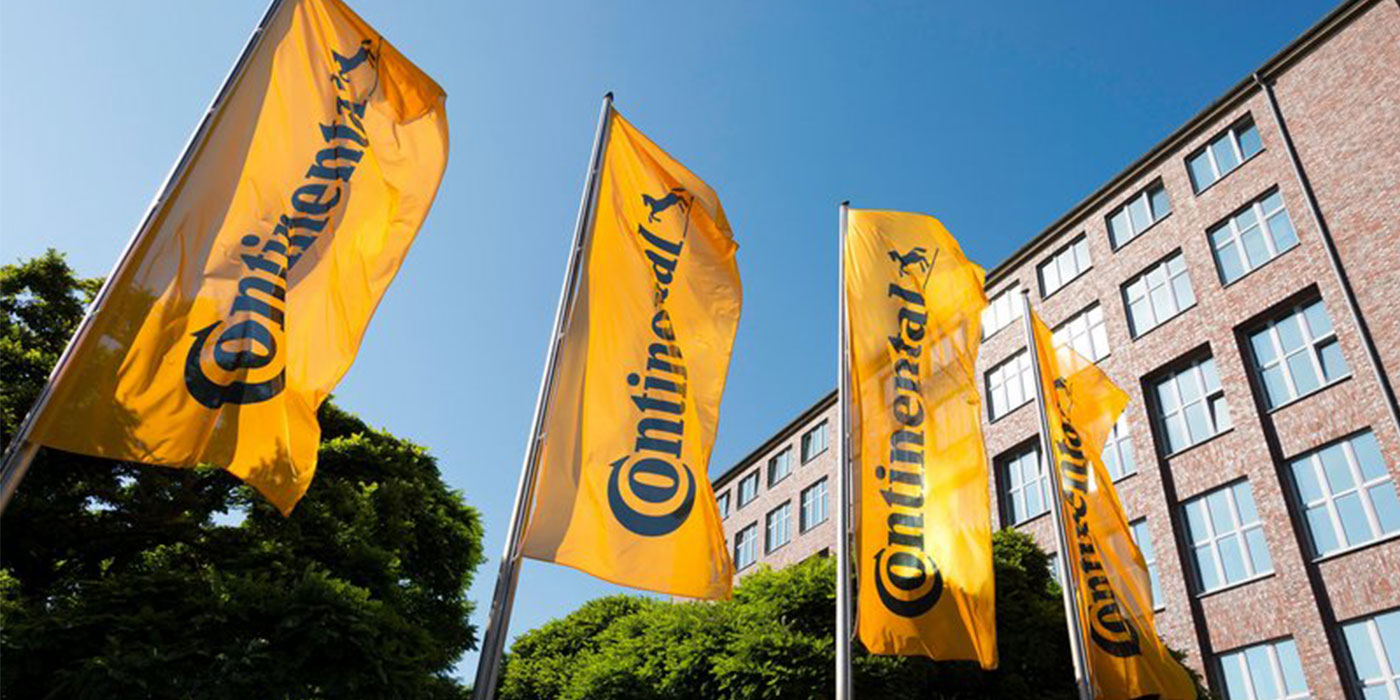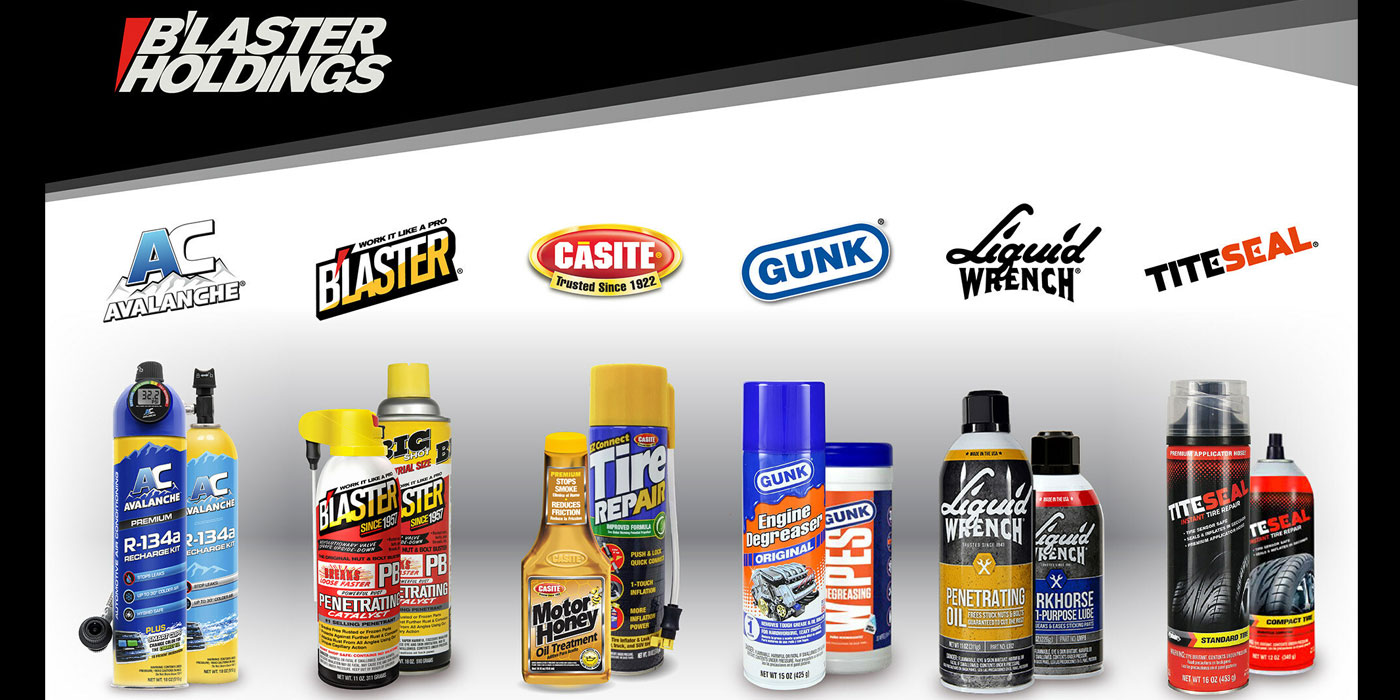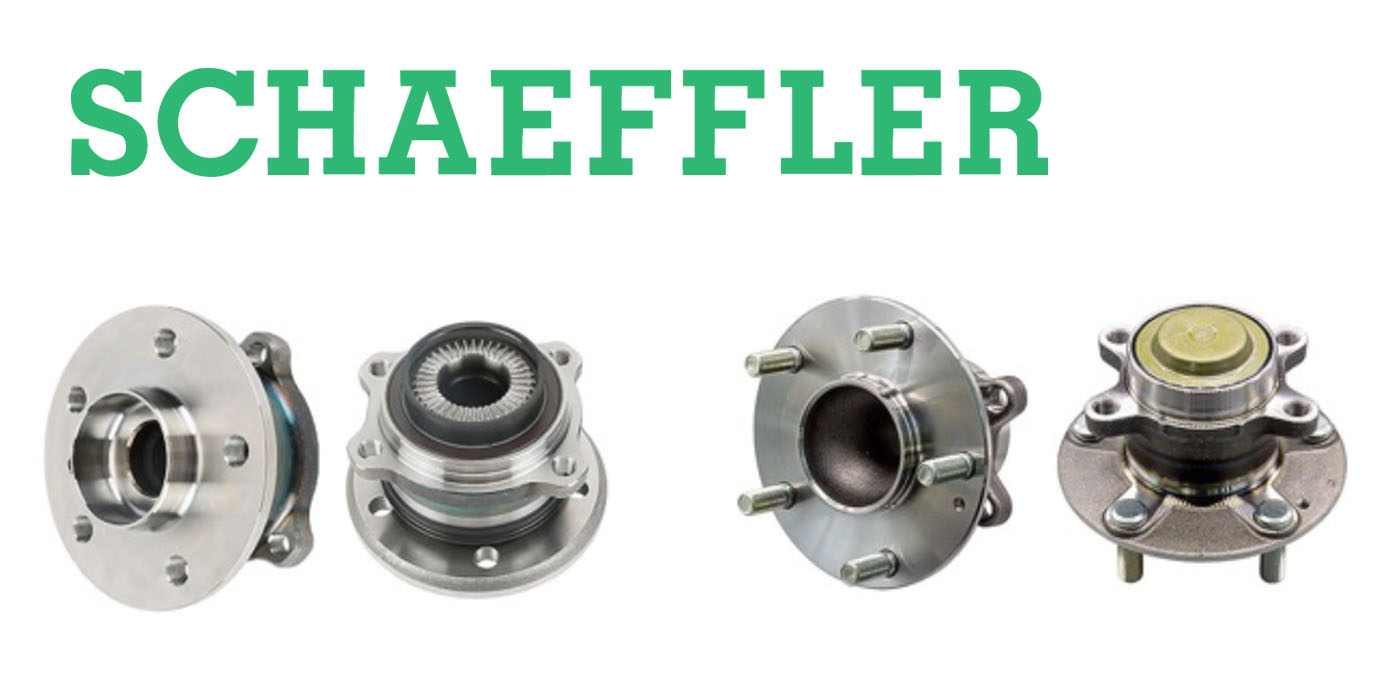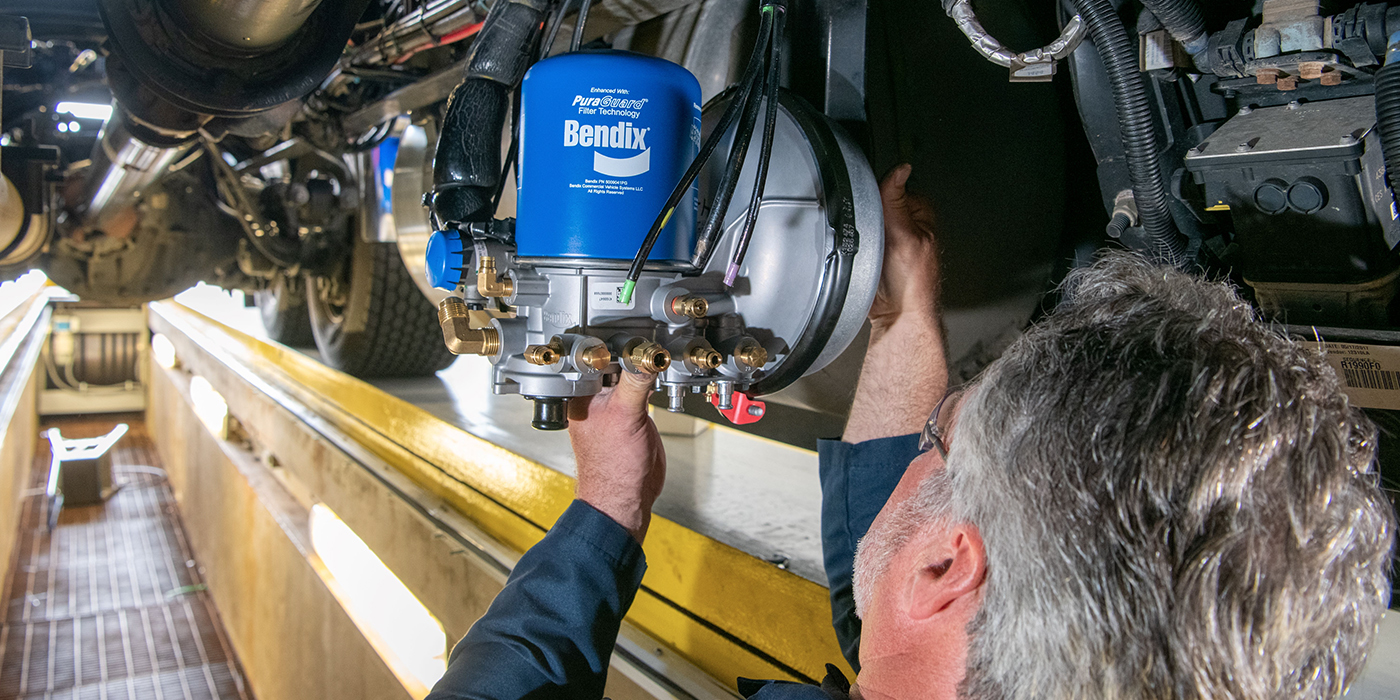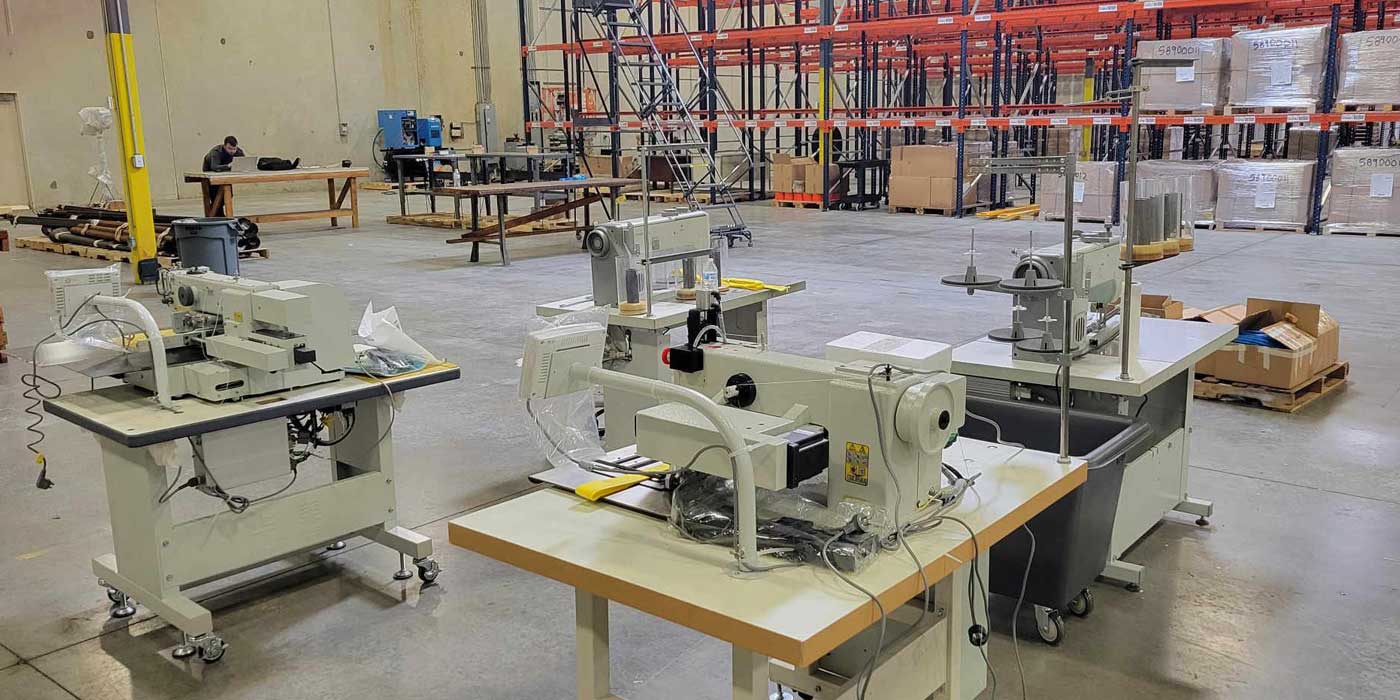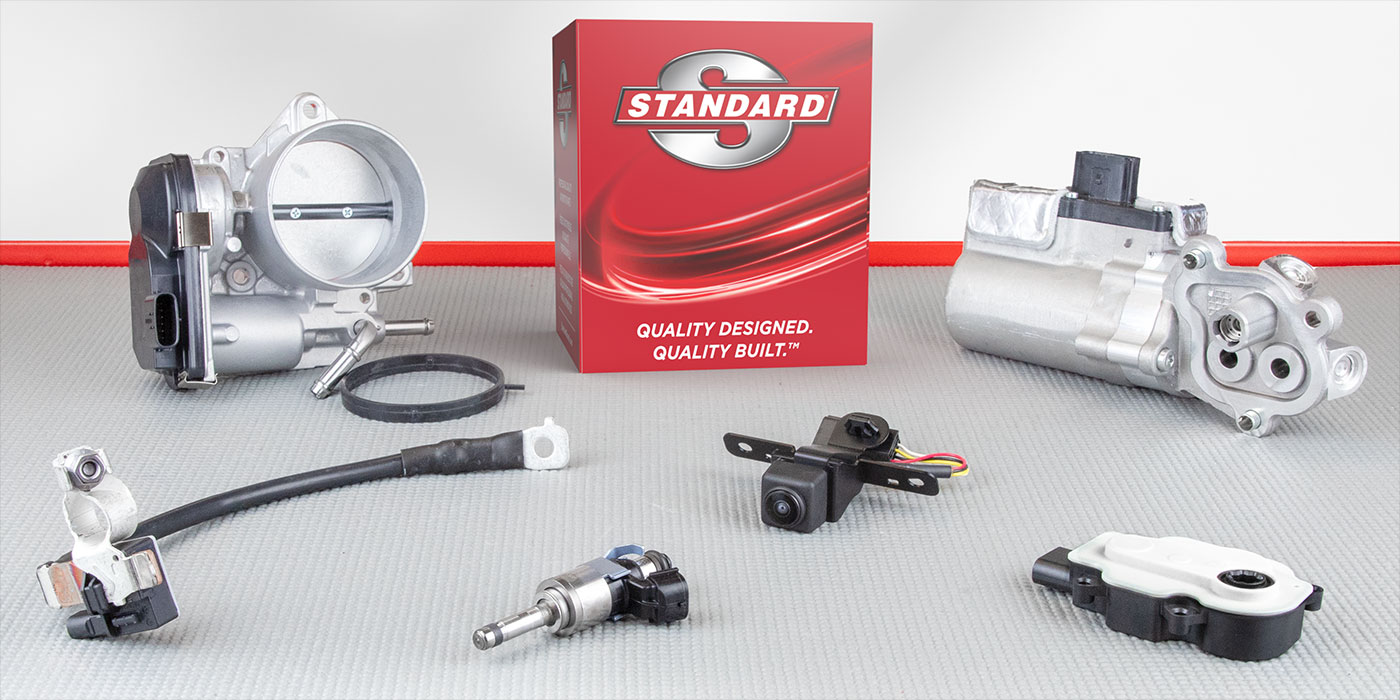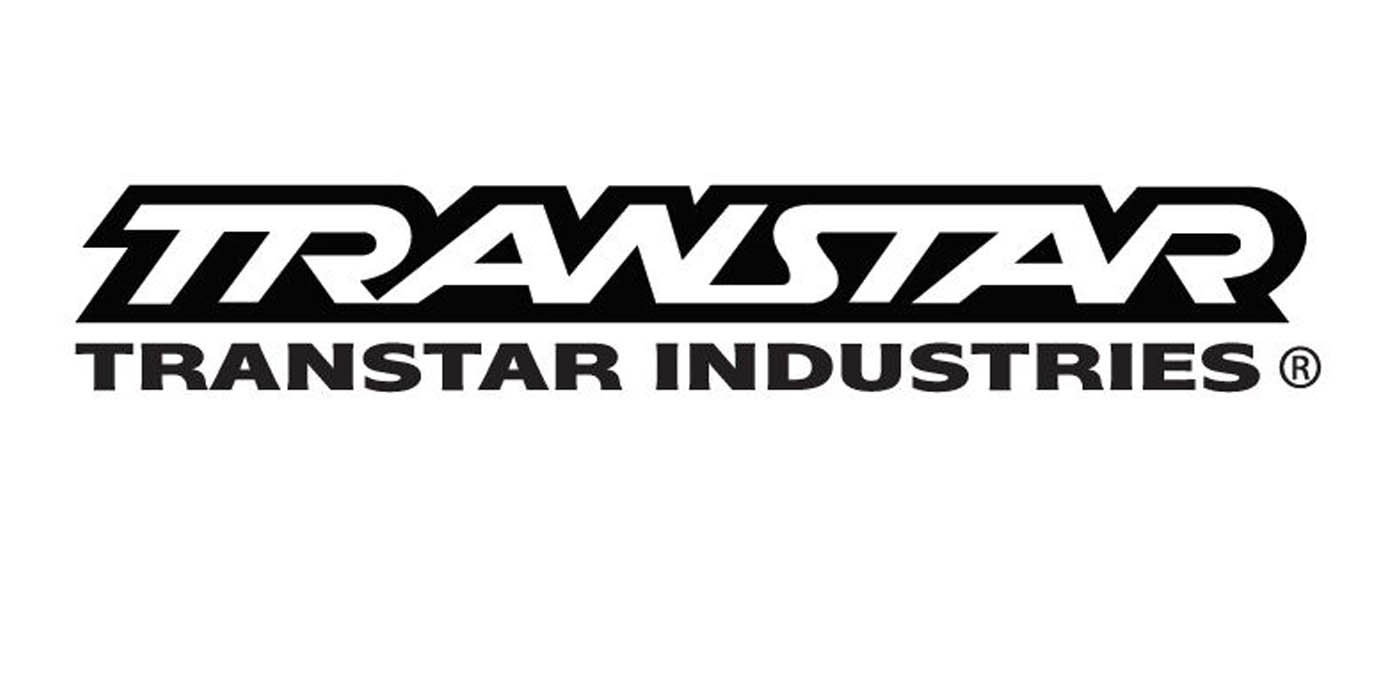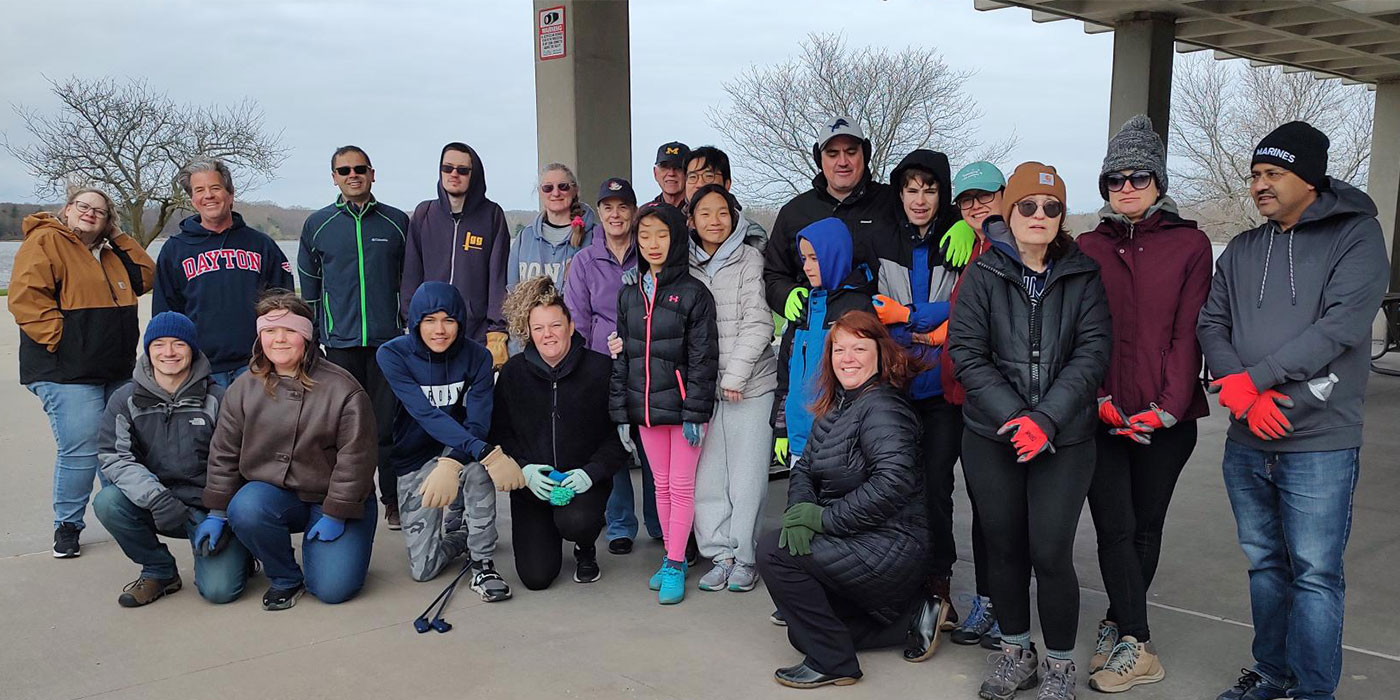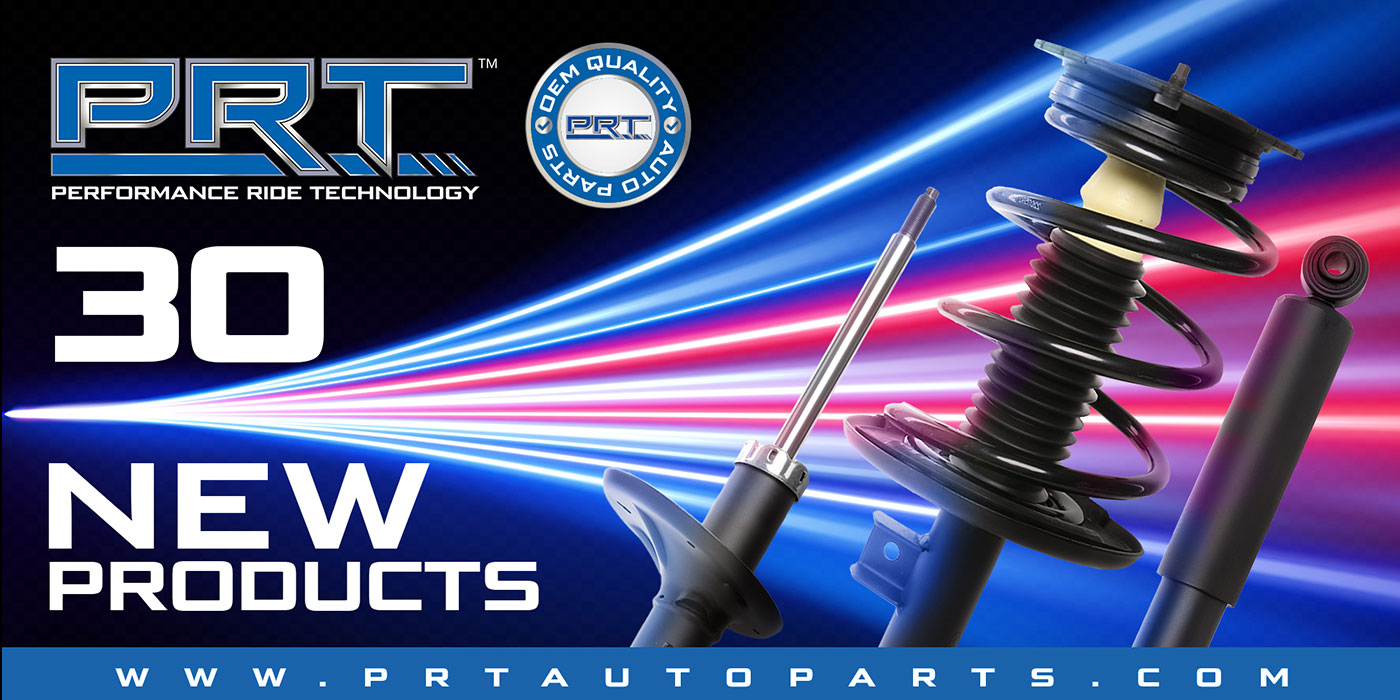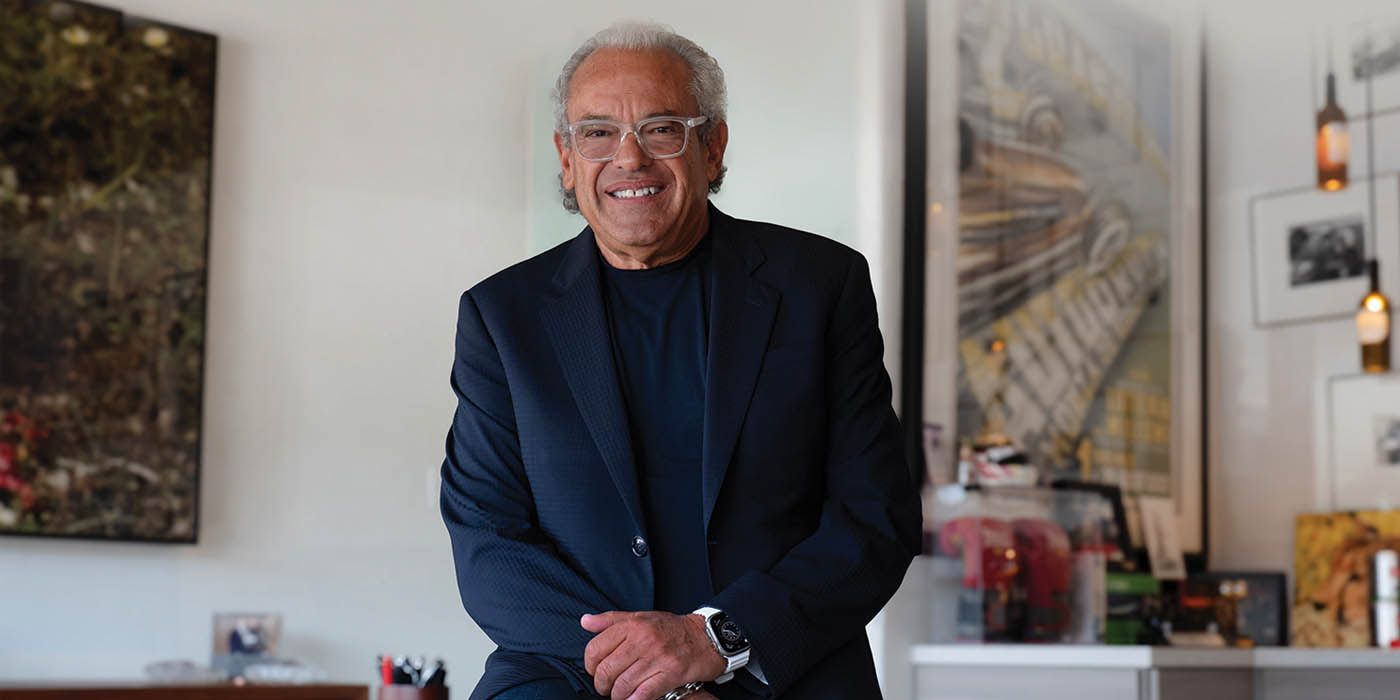From The Detroit News
NEW CASTLE, IN —When auto parts supplier Metaldyne Corp. acquired Chrysler’s machining and forge plant here last year, residents of this small Midwest town feared the worst.
Chrysler had been the area’s largest employer since the 1920s, giving it an identity it treasured as dearly as its claim on native son and basketball great Steve Alford.
Young men knew they had good-paying jobs after high school. Little League teams always had a sponsor. Families knew which car to buy.
More than a year later, some still long for that past. But others recognize that Metaldyne has preserved jobs that may have vanished by adopting a new business model that is recasting U.S. auto manufacturing.
“I don’t know how people could complain,” said Shawna Carroll, 42, a production worker at the plant. “But you always find people who do.”
The New Castle plant still makes the same ball joints, control arms and steering knuckles that were produced when Chrysler’s name was on the building.
But it’s doing it at a savings of $70 million a year with a smaller work force that earns much lower wages and benefits, and follows manufacturing practices found in industry-leading Japanese auto plants.
The New Castle project has become a model for other suppliers who see opportunity as Detroit automakers and large suppliers such as Visteon Corp. and Delphi Corp. move to shed unprofitable or nonstrategic parts factories.
It also offers a glimpse at what’s ahead for the United Auto Workers union, which could be forced to cut more New Castle-type deals to keep longtime manufacturing jobs from going overseas.
“You can’t help but look at this example and claim it to be a success,” said Kim Korth, president of auto industry consulting firm IRN Inc. in Grand Rapids. “There’s a message there not only for the supply base, but for the unions, as well.”
While the transition in New Castle has not been smooth for everyone — Chrysler workers at the plant initially wanted to strike, and some residents still feel betrayed — Plymouth-based Metaldyne has moved swiftly to counter naysayers by producing results.
“Unless we made dramatic, visible and fast-paced changes, the forces would not have been overcome,” said Al Malizia, Metaldyne’s vice president of chassis operations and manager of the plant.
Within its first few months of ownership, Metaldyne hired more than 600 hourly employees to replace Chrysler workers who either accepted early buyouts or relocated to other Chrysler plants. It demolished a 100-year-old building at the site and removed 200 truckloads of machinery. And it not only took down a sign in the employee parking lot barring foreign cars from entering, it announced that in 2006 the factory would begin producing parts for Toyota Motor Corp.
But the biggest changes have come from a ground-breaking labor pact with the UAW that went into effect when Metaldyne took over in January 2004.
Under a four-year contract, Metaldyne is paying workers an average of $16 per hour — in line with wages in most U.S. supplier plants — compared with $26 per hour under Chrysler, now a unit of Germany’s DaimlerChrysler AG. It also allowed the company to institute Japanese-style work rules that workers in many Big Three plants have resisted for fear the rules increase workloads and threaten job security.
The contract was instrumental in helping Metaldyne improve productivity in New Castle by 15 percent to 20 percent the first year, Malizia said. “Having as few obstacles as possible was very key.”
The New Castle plant now handles $500 million in annual business with 850 hourly workers, compared with Chrysler, which in its last year did $400 million in sales with 1,200 workers on the factory floor.
On a recent tour, Malizia, a Canadian who came from TRW Automotive, pointed to ways that Metaldyne has achieved savings.
Workers clean their own work stations rather than having janitors to do it. Compact machinery has replaced aging conveyor systems, freeing up large sections of floor space for other use. All wasted parts are accounted for in marked bins.
“We’re not at the promised land,” Malizia said. “But we’re a heck of a long way toward it.”
Larry Whitehead, who has worked at the plant for more than 30 years, said it looked a lot different when Chrysler was in charge.
“It was old, oily, dirty and unorganized,” said Whitehead, 55, who, with his twin brother, Harry, went to work at the plant right out of high school. “It’s been a change,” he said. “A good change.”
The Whitehead brothers are among a group of about 200 Chrysler workers who took a lump-sum payout from the automaker based on their years of service, then decided to stay and work at Metaldyne for lower wages and benefits.
For them, the decision was clear: New Castle was home, and they weren’t interested in going to another Chrysler plant, even if there was an opening, even if it meant keeping their old pay.
Steve Curless, another Chrysler worker, chose a different route. The 52-year-old toolmaker with 10 years’ experience at New Castle decided to put in for a transfer to a Chrysler plant in Kokomo, Ind., 70 miles away. But that was 18 months ago. He’s waiting to be called back.
“I tell you what, I’m about to go stir-crazy,” said Curless, fresh from mowing his lawn on a weekday afternoon.
Curless, one of 400 former Chrysler New Castle workers waiting for transfers, continues to receive 95 percent of his after-tax pay while he waits, thanks to union-negotiated guarantees for idled workers. That’s why he is not eager to take a job as a toolmaker at another company in the area, a move he estimates would mean a drop in pay from his $31 per-hour wage to $14 to $18 per hour.
“Financially, it would be a bad option for my family.”
Now that the shock of Chrysler’s pullout has worn off, most people in this town of 18,000 have started to see Metaldyne as part of the community — an idea the supplier has worked hard to cultivate.
Last month, for instance, the company held an open house to show the new face of the factory. A rough idea of the response: 6,500 hot dogs were served.
Tim Leuliette, Metaldyne’s chairman, said the event was a statement to the community that the plant’s future was in good hands.
“Change always brings about some degree of discord and discomfort,” Leuliette said. “When a company takes over a plant, people don’t know what to expect.”
Despite Metaldyne’s efforts, some have still found it hard to forgive Chrysler and the UAW for striking a deal that cleared the way for the factory to be sold.
That deal came about in 2003 as part of the UAW’s labor negotiations with Chrysler. Under the deal, a then-struggling Chrysler agreed to sell the New Castle plant to Metaldyne for $233 million. The two sides also outlined a plan to close or sell a handful of other plants as part of a massive restructuring. In exchange, the union was allowed to continue representing workers at the newly formed Metaldyne plant.
The deal meant that the high-paying jobs that had built the town and filled driveways with boats and third cars were gone. Overnight, houses went up for sale, and people had hard decisions to make.
“It’s hurt everyone,” said Jeff Viars, 44, a former Chrysler machine repair specialist who left the plant last year. “I don’t think people here will ever get over this.”
Though the deal effectively saved the plant from closing, some residents felt Chrysler had sold out New Castle, a town so loyal to the automaker that 55 percent of the population still drives its vehicles.
“We came awfully close to dropping Chrysler out of our name,” said Bruce Gaylor, principal of New Castle Chrysler High School, which was built in 1974 at a time when the New Castle plant employed more than 3,000 workers. But tensions have since cooled, he said.
Maurie Goodwin, president of the local chamber of commerce and a Chrysler dealer, believes the impact of Chrysler’s pullout is overstated, since most workers landed on their feet. The upside is that Metaldyne has created good-paying jobs for hundreds of people in the area who had been earning less in other local manufacturing jobs.
“Is it negative that some people who were making $6 or $8 an hour now make $12? No.”
Metaldyne may one day be regarded as the savior of this town. But Viars doesn’t see it happening anytime soon. He now owns Scooter’s Bar and Grill, a salty watering hole across the street from the New Castle plant, and says his patrons are still having trouble letting go.
“Not a day goes by that older guys (don’t) come into the bar, look out the window and say ‘It’s hard to believe. Two years ago, we were in there working. Now, look at it.'”
Copyright 2005 The Detroit News. All Rights Reserved
_______________________________________
Click here to view the rest of today’s headlines.

